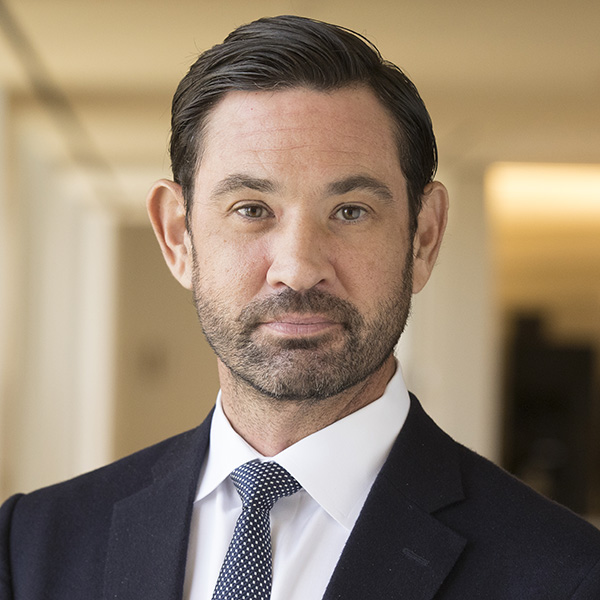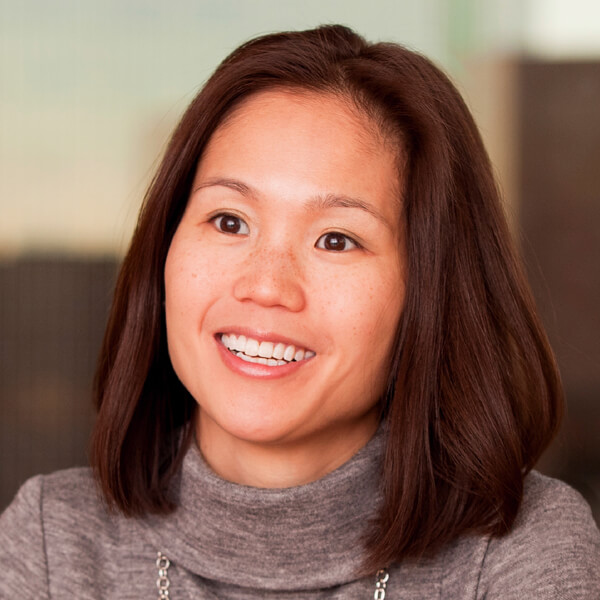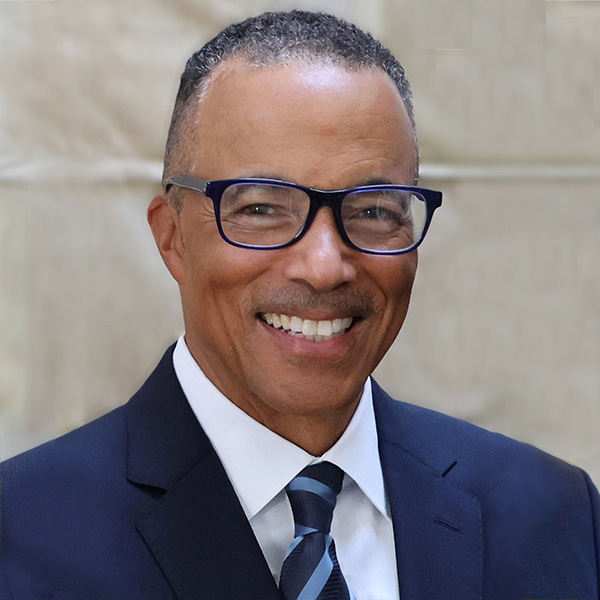Global Equities
What makes investment professionals tick? In the Capital Ideas podcast series Conversations with Mike Gitlin, Capital Group’s chief executive sits down with portfolio managers and analysts for one-on-one discussions that delve into guests’ investing philosophies, career journeys, personal anecdotes and more. Despite the varied topics covered in each episode, Gitlin consistently poses one key question: “What is your investment edge?” In other words, what distinguishes that person’s investment approach from others across the industry.
Below, we’ve compiled some of our favorite insights from recent episodes. The responses have been edited slightly for brevity.

Brad Barret
Equity analyst
I think my first edge is the edge that all analysts at Capital have, which is we don’t cover that many stocks. Currently, I cover about 20 to 25 large cap stocks. And it’s just not that ... I am given all the resources I need to buy alternative data sets and proprietary surveys, to travel and meet the companies, the customers and the competitors. It’s a changing list of 25 stocks, as you have mergers and IPOs, but that’s all I do day in and day out. Basically, 85 percent of my time for 20-plus years.
The second would be that we really are long-term, and long-term is not just about long holding periods. I think it’s more about holding stocks on the investment thesis that you are OK to have play out over a long period … If you have a conviction about what the industry structure is going to be and where the long-term margins are going to be in five years, but there’s no catalyst any time soon, that might not be an investment thesis that a lot of other market participants are willing to hold. We are.

Damien McCann
Fixed income portfolio manager
I try to be very disciplined on valuation, both at the sector level and at the individual bond level. For every bond that I decide to hold in a portfolio, I want to have a view of what it’s worth, and then I closely track where the market actually trades it compared to what it’s worth. I want to have as many “cheap” bonds in the portfolio across the risk spectrum as I can — not just lower-quality cheap bonds, but higher-quality cheap bonds — and continually prune the portfolio to improve its relative value over time.
People tell me that I have a steady hand. If you could see what’s going on in my head when we’re in volatile markets, it doesn’t always feel that way, but I guess there’s some truth to that. I’m mostly an optimistic person … but I’ve also learned that you should have a kind of bridled optimism. You should look over your shoulder. It makes sense to be a little paranoid. This balance of a little paranoia and optimism, I think, serves me well.

Winnie Kwan
Equity portfolio manager
For me, it is about finding quality at bargain prices during economic and geopolitical concerns and downturns. I find that quality seldom comes cheap, because there’s a premium for a management team that’s really good at generating and running the business, allocating the capital and growing faster than everyone else. It’s when the market’s concerned about elections, geopolitics, macroeconomic downturns, that we can use our strength at Capital Group: our analytical rigor, our relationships that we’ve built with management teams, our long-term orientation and our patience to buy a lot of these stocks at bargain prices. That has worked for me for 20-plus years, and hopefully it will continue to work.

Martin Jacobs
Equity portfolio manager
This is not going to be novel, but my investment edge is really about being long-term. I was taught to be a long-term investor early in my career, and I've carried that with me. Essentially, as long as the thesis doesn't change and the valuation remains reasonable, from my standpoint, I feel like there's no reason to do anything else. And that’s really worked out for me. I feel like being long-term and not duking it out over what’s going on in the next quarter or the next six months has been my competitive advantage for a long time.

Pramod Atluri
Fixed income portfolio manager
I have a pretty disciplined process: When valuations get cheap, you add risk, and when valuations get rich, you reduce risk. It sounds super simple, but in practice it’s hard. Because when things become cheap and more attractive, the world looks scary … The times when I have deviated from that process, because I just have such a strong belief that I’m right about the future, that’s usually where I stub my toe.
Related to investing mistakes, I think my edge is discipline. That’s the key in this business because markets are very volatile at times. They can move in very unpredictable ways. And if you are not disciplined, you can really make a lot of mistakes. I have the benefit of having a team of incredible analysts who cover every sector of the fixed income market, and they work with a team of analysts who cover every sector of the equity market. So I have a plethora of great investment ideas to pick from. The value that I add is figuring out how to choose from them, putting them together in a very risk-controlled way. And discipline is the thing that’s kept me safe.
Listen to full episodes of Conversations with Mike Gitlin on Apple Podcasts, Spotify or YouTube.
Related Insights
Related Insights
-
-
Global Equities
-
U.S. Equities
